
In this interview, we are speaking with Miroslav, the driving force behind the Hydronaut Project, which is at the forefront of innovative space and underwater research, leveraging unique technologies to enhance human spaceflight and marine environment studies. As the GCC intensifies its focus on space exploration and marine research, Miroslav’s insights offer valuable perspectives on potential collaborations. Miroslav shares the Hydronaut Project’s experiences, expertise, and vision for partnerships with the Gulf region. From groundbreaking work at the “Little Moon City” in Prague to pioneering underwater habitat technologies, Miroslav discusses how these advancements can contribute to the GCC’s ambitious research goals. He also explores the potential synergies between Hydronaut’s projects and regional initiatives, aiming to foster lasting collaborations and drive forward the region’s space and marine research capabilities.
1. Miroslav, the GCC has a growing focus on specific research areas in space exploration. Can you share which areas particularly interest the Hydronaut Project for potential collaboration?

Hydronaut DeepLab H03 is the world’s smallest operational habitat, which serves as a mobile research and training platform. In September of last year, we created “The Little Moon City” in Prague, which enables us to carry out complex analog space missions, including extravehicular activities. Our main interest lies in collaborating on the testing and development of new products and services focused on human spaceflight.
We collaborate closely with Czech universities and research centers, such as the Czech Technical University and Czech Academy of Science, as well as international partners. As a result, we can offer our expertise and collaboration opportunities in many areas. Our primary areas of expertise include continuous crew monitoring, crew physical training monitoring, life support systems, and isolation psychology.
We have been also searching for investors.
2. Considering the GCC’s position and focus on marine environments, can you elaborate on how your underwater habitat technology could be relevant to their research endeavors?
Our habitat is a hybrid that operates both on land and underwater. We specialize in shallow water saturation, sea floor habitation, and diving medicine, which makes us capable of providing our expertise in these fields. Underwater habitat technology has numerous applications such as marine environment research, seafloor excavation, and tourism. It’s worth noting that staying inside a habitat underwater is similar to living in space. This feature makes it an excellent tool for future astronaut training.

3. The Hydronaut Project’s integration with Little Moon City is intriguing. How can the synergies between these projects translate into collaborative opportunities with research facilities in the GCC?
Habitat itself is a living space resembling a spacecraft, with the Little Moon City we can perform very complex analog space missions, ranging from days to weeks, where a crew is fully isolated and dependent on life support systems. With our unique communication and data-sharing platform we can simulate various scenarios, including communication delays. This allows to study and train individuals and crews in very extreme environments. The collaborative opportunities that arise from such missions are related to human spaceflights and the development and testing of associated technologies.
4. As you pursue ESA ground-based facility status, what unique strengths of the Hydronaut Project do you believe would be most valuable to the regional space research goals?
When I simplify it, it is our size and mobility. With the habitable volume of the app. 20 cubic meters, 8 square meters of living area and life support system dependency we are very similar to a spacecraft. This opens opportunities for the training of astronauts and space technology development and TRL maturation.

5. While astronaut training is a core function, can you elaborate on the specific research areas the Hydronaut Project currently explores within its underwater habitat?
Currently, we are implementing a Czech-Taiwanese project supported by the Technological Agency of the Czech Republic, which is focused on the development of a “virtual fitness coach”, a tool to maintain crew physical fitness in Isolated, Confined and Extreme environments. We have started psychosocial research studies, personal development, training telemedicine and extreme medicine.
6. The Hydronaut Project excels in research and training. What collaboration models do you envision with regional organizations, considering their research priorities and your expertise?
We offer different modes of collaboration, including facility rental for research and training, consulting and joint projects.
7. Does the Hydronaut Project possess any transferable technologies or knowledge that could benefit ongoing research projects in the region?
Our proprietary technologies for aquatic environments, environmental monitoring, physiological monitoring, and project management are available for licensing.
8. Beyond your expertise, are there areas where you hope to learn from the UAE’s research or space programs during your visit?
I am excited to learn about the Gulf space ecosystem and network for collaboration opportunities. My primary interest lies in human space flight, an area where you have made significant advancements.

9. Looking ahead, what is the Hydronaut Project’s long-term vision for international collaboration, particularly with partners like the UAE, or Gulf region?
Our vision is to become global partner for space agencies, research entities and industry. We believe, that UAE and Gulf region can play a crucial role in achieving this vision. I see the main benefit, that the region can exploit our analog space as well as underwater expertise.
10. To maximize the impact of your visit, Miroslav, what specific outcomes or connections are you hoping to establish with UAE organizations?
I would like to meet with the representatives of space agencies, companies acting in human space flights, and potential investors.
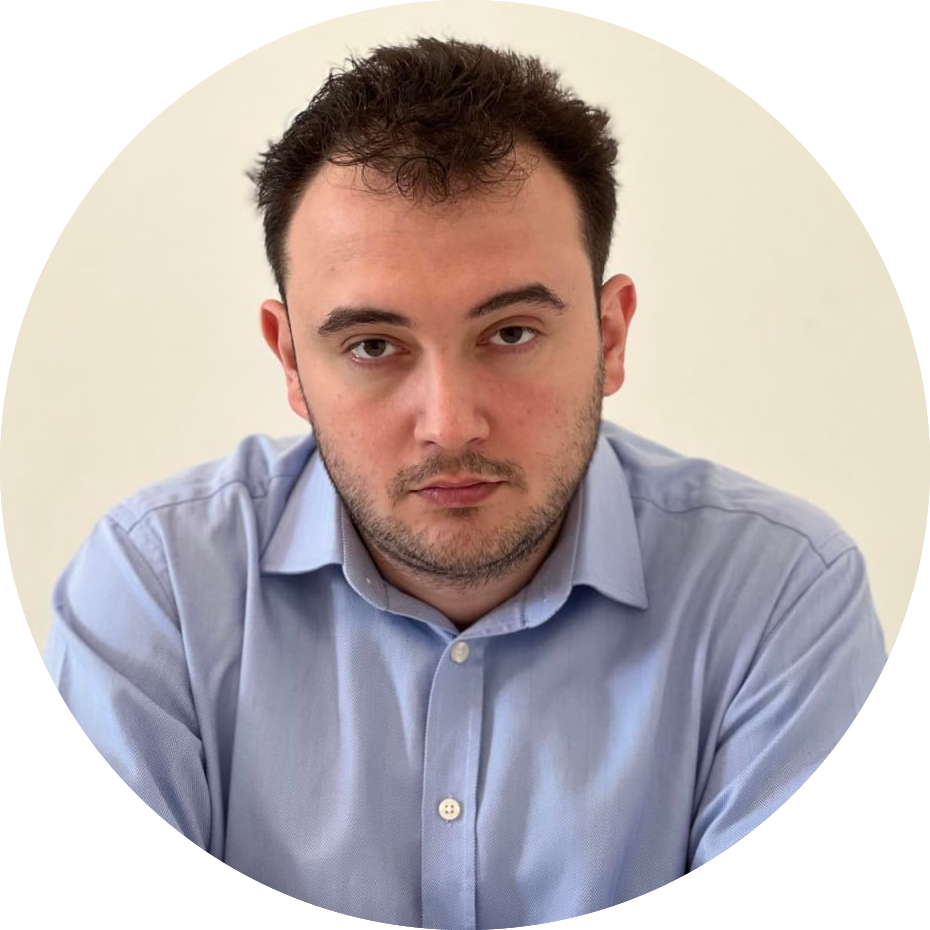
Alex Cresniov, Founder of SpaceTech in Gulf
About the author: Passionate in the Space industry with significant expertise in Policy Making, Global Socio-Economic Assessments, and DeepTech Analytics.
Email: alexei@spacetech-gulf.com

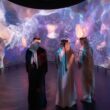
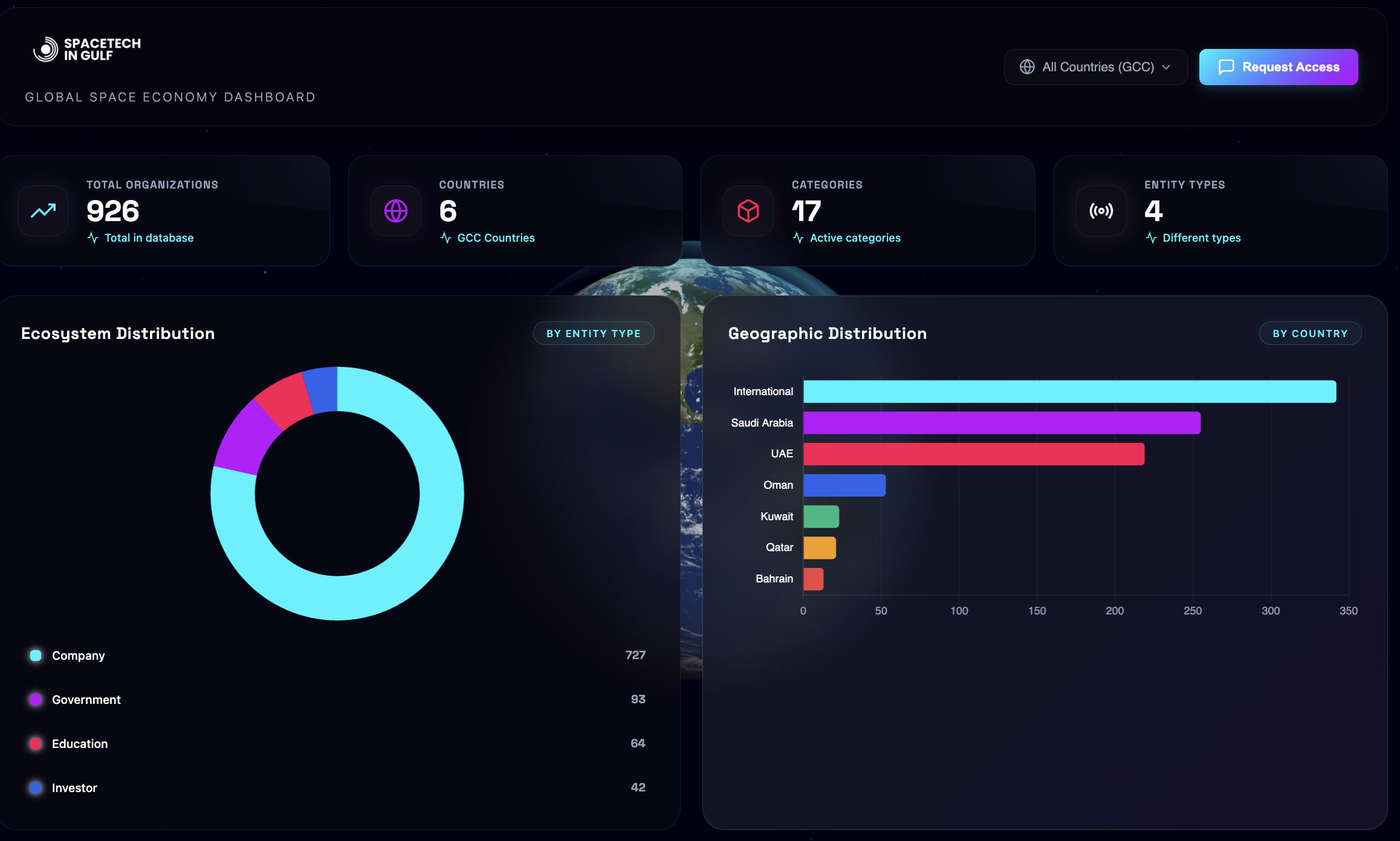
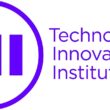
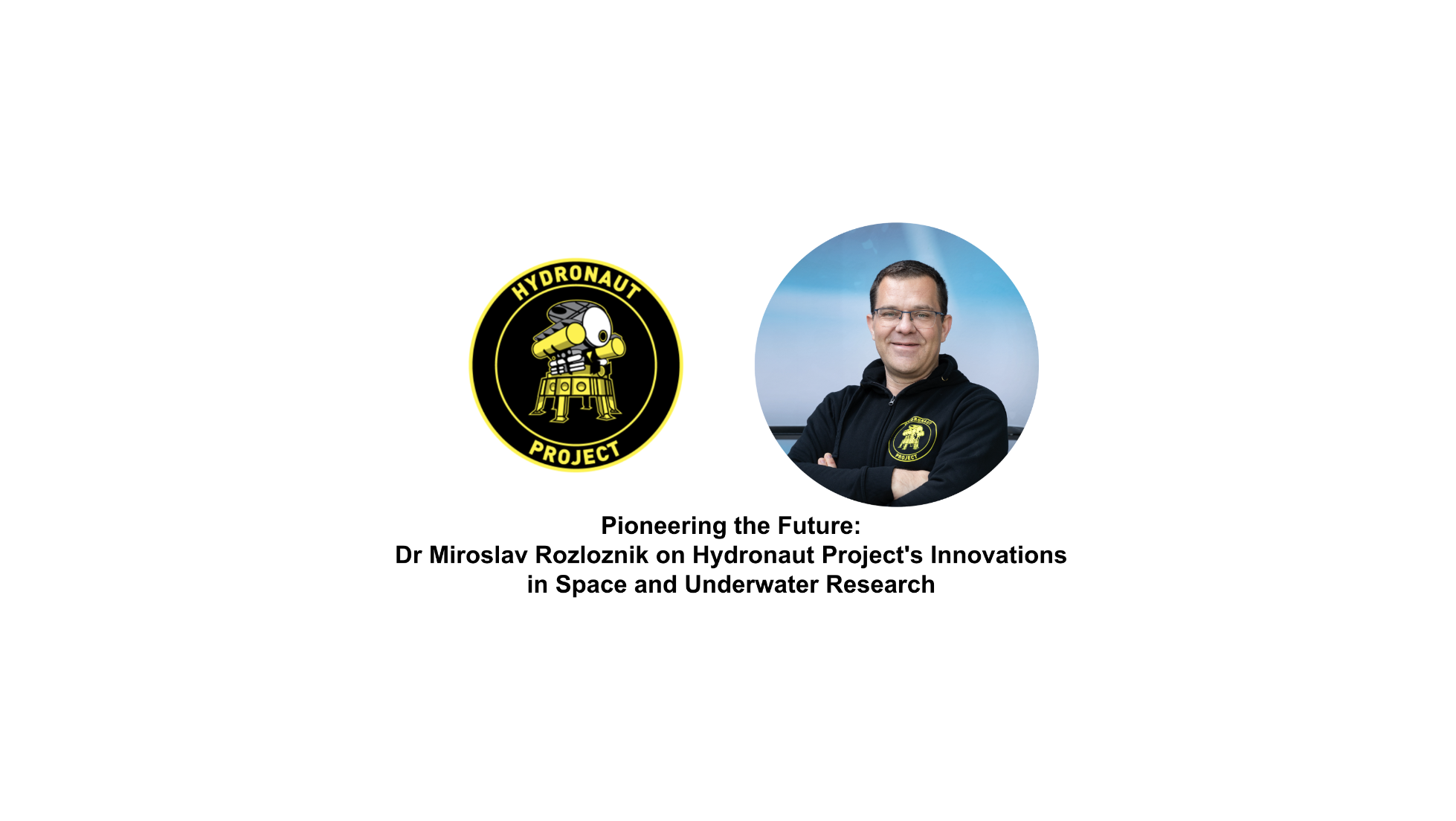

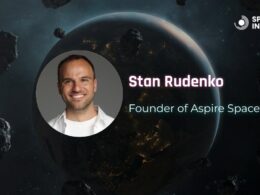
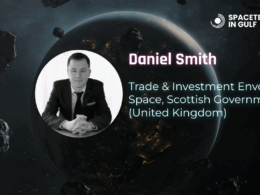

Can you be more specific about the content of your article? After reading it, I still have some doubts. Hope you can help me.
Your point of view caught my eye and was very interesting. Thanks. I have a question for you.
Your article helped me a lot, is there any more related content? Thanks!
Thanks for sharing. I read many of your blog posts, cool, your blog is very good.
Just want to say your article is as astounding. The clearness in your post is just nice and i could assume you are an expert on this subject.Well with your permission allow me to grab your feed to keep up to date with forthcoming post.Thanks a million and please keep up the rewarding work.
This is gold, thank you!